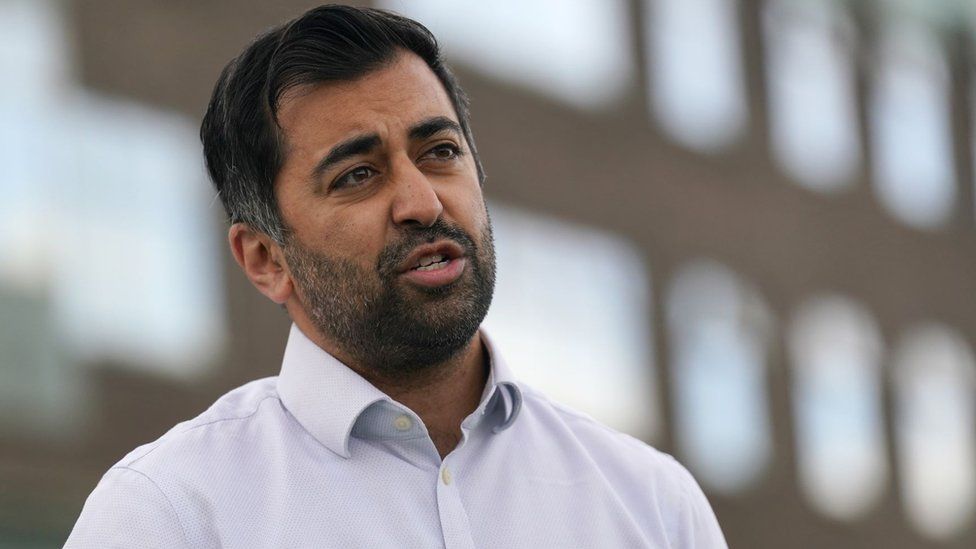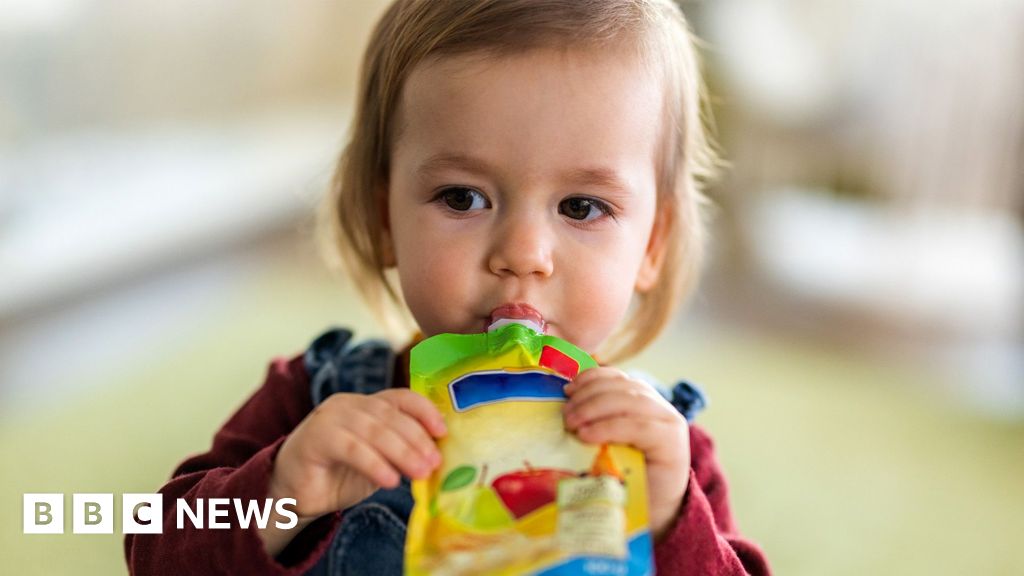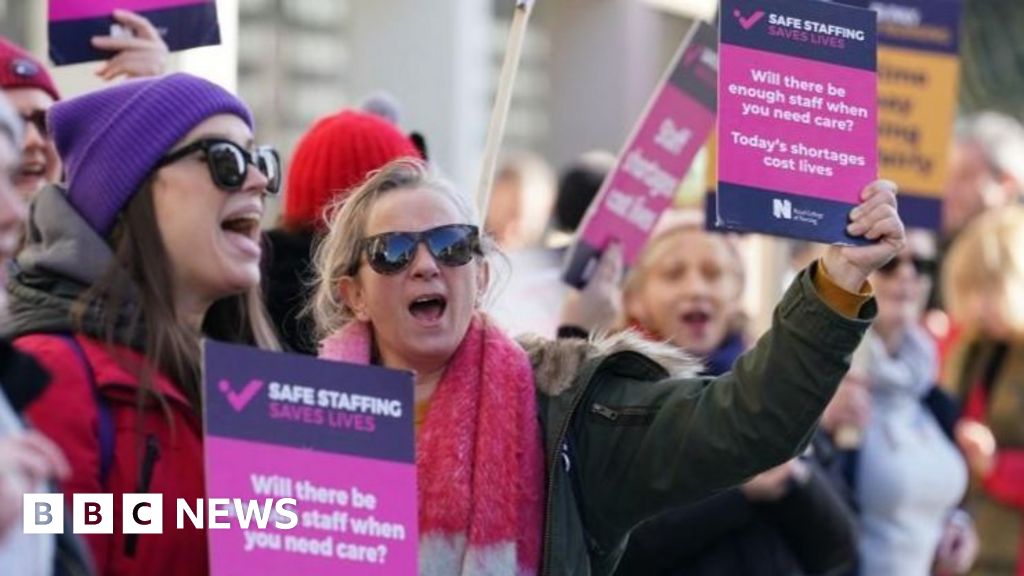ARTICLE AD BOX
 Image source, PA Media
Image source, PA Media
Health Secretary Humza Yousaf said the money would be used to help people maintain their independence
Thalidomide survivors living in Scotland will receive lifelong financial support, the Scottish government has announced.
Health Secretary Humza Yousaf said he hoped the commitment to provide grants would reassure those affected.
There are 50 known survivors of the banned pregnancy drug living in Scotland, most now in their 60s.
They are among thousands born with limb deformities after their mothers took thalidomide while pregnant.
The drug was commonly used to treat morning sickness from 1958 to 1961.
In 2013 the Scottish government committed £14.2m to help survivors over a 10-year period, with the money going on health and living costs.
Ministers have now extended that agreement, with grants to be allocated to survivors on a needs basis, as assessed by the Thalidomide Trust.
Mr Yousaf said: "This funding is used to give thalidomide survivors as much assistance as they need to maintain their independence. It has been a vital support in helping people adapt their homes and manage their pain.
"I hope this lifelong commitment to continue this support will reassure recipients and help them deal with any challenges they face."
Life with 'chronic pain'
Jean, 61, who was born with damage to all four of her limbs as a result of thalidomide, welcomed the announcement.
She said the health grant had enabled her to to make her kitchen wheelchair accessible and build a gym in her garden, which had improved her physical strength and mental health.
Jean added: "Due to thalidomide, I live with chronic pain and if I don't move around my body would stiffen and seize up.
"The grant also allows me to pay for a personal trainer who understands my disabilities and can keep me fit and flexible, without causing further damage.
"Knowing this funding is going to continue indefinitely has given me, and many other Thalidomiders living in Scotland, such peace of mind."
Image source, PA Media
Image caption,Thalidomide was banned as a morning sickness drug in 1961 after the danger it posed to babies was discovered
Deborah Jack, executive director of the Thalidomide Trust, said the latest funding announcement was "fantastic and very welcome news".
She added: "Sadly, as our beneficiaries age they are experiencing multiple health problems, in addition to their original thalidomide damage, and the costs of meeting their complex needs are significant.
"Many of them have been really anxious about the prospect of this much-needed funding coming to an end.
"We are really pleased that the Scottish government has recognised this by committing to lifetime financial support and also agreeing to review the level of funding regularly to ensure it is meeting their changing needs."
Scotland played a leading role in dealing with the impact of thalidomide in the past.
In 1961, Edinburgh GP Ekke Kuenssberg and two colleagues were among the first to realise the danger it posed to babies in the womb.
The city's Princess Margaret Rose Hospital became a world centre in helping young survivors and provided artificially-powered limbs they could control themselves.
Related Internet Links
The BBC is not responsible for the content of external sites.

 2 years ago
88
2 years ago
88








 English (US) ·
English (US) ·